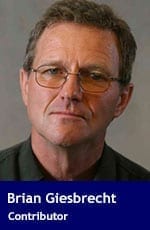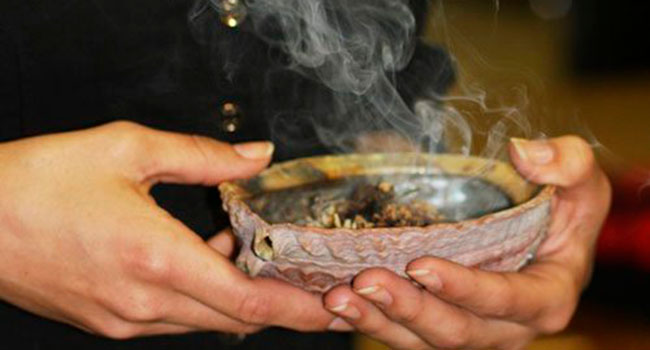 I recently listened to an interview of the new head of the University of Manitoba’s Indigenous Knowledge department on CBC radio. She articulately explained that “traditional knowledge” and “indigenous science” have been vital to the survival of the aboriginal culture.
I recently listened to an interview of the new head of the University of Manitoba’s Indigenous Knowledge department on CBC radio. She articulately explained that “traditional knowledge” and “indigenous science” have been vital to the survival of the aboriginal culture.
A hunter-gatherer culture depended on information about the movement of animals, weather changes and the medicinal properties of plants, for instance. This important information was passed on orally through many generations, she noted. Because aboriginal culture had no written languages, “keepers” of this knowledge had a special place in the culture.
There’s no question that the speaker was accurately portraying the value of accumulated aboriginal wisdom. It’s truly remarkable that a culture with virtually no technology or writing not only survived but flourished on such a cold and hostile part of the continent. Information transmitted orally through the generations obviously played a major role in this survival.
But the speaker went on to explain that aboriginal knowledge also had a spiritual dimension. Only certain people, who had to be aboriginal, could be entrusted with this knowledge or even understand it. Mystical concepts like the medicine wheel were involved. It was more than just factual information that was being passed through the generations, it was a combination of information and spiritualism. In fact, both the keepers of the information and the knowledge itself had a magical or mystical aspect that couldn’t be understood by non-aboriginal people – or indeed even by aboriginal people who were not gifted with the keepers’ spiritual powers.
It should be clear to all of us that the magic, or spiritual, component attributed to “traditional knowledge” and “indigenous science” removes them from the accepted definition of knowledge and science. They should certainly not be taught as such and it’s very wrong for the University of Manitoba to establish a department of Indigenous Science or Indigenous Knowledge, passing it off as the equivalent of the written knowledge and science that has been accumulated and tested since writing first came into the world.
In the case of legitimate science, the ability to test is crucial. Scientists collect data and analyze that data. Drawing on their expertise, they then propound a theory. The theory is published in a recognized science journal. It can then be carefully scrutinized, and even attacked, by scientists from all over the world. Only after that testing process has been completed can it be considered legitimate – and even then it can be freshly challenged if new information becomes available.
But that’s not possible with “indigenous science.” A keeper claims special powers and only he has the ability to understand the information. He can’t be questioned, because only certain people of his own race or ethnic origin have the ability to understand the information.
I’m sorry but that’s not science. It’s junk science.
The academics at the university know this very well. These are the same people who fight very hard to defend academic freedom and the other important principles that have allowed the world’s written knowledge to reach heights never before achieved in human history.
So why is the university pretending that indigenous knowledge and science are the equivalent of our written knowledge base? Why are they allowing – and even encouraging – this farce to unfold?
The only answer I can come up with is that they’re so afraid of offending aboriginal sensibilities that they’re prepared to sell their souls to avoid doing so – political correctness run amok!
What should be done is obvious. Include the oral traditions of aboriginal cultures with the studies of subjects like anthropology and religion. Indigenous mysticism and orally-transmitted information are important subjects. But pretending that information dependent on spiritualism is knowledge is simply wrong.
It makes the once-proud University of Manitoba the equivalent of one of those Flintstones colleges to the south of us where religious fundamentalists teach students that our ancestors co-existed with dinosaurs.
Is there no one at the university with the spine to tell their timid and misguided leaders that they have lost their way?
Brian Giesbrecht is a retired judge, and a senior fellow with Frontier Centre for Public Policy.
Brian is a Troy Media Thought Leader. Why aren’t you?
The views, opinions and positions expressed by columnists and contributors are the author’s alone. They do not inherently or expressly reflect the views, opinions and/or positions of our publication.
